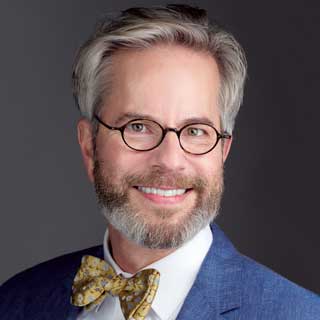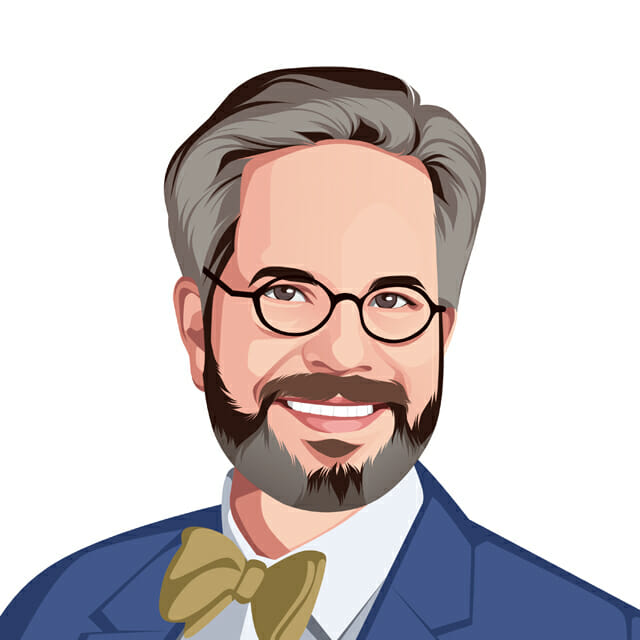
The “nurse guilt” that I feel at times these days is unbearable. I, and the rest of the world, am bombarded by media stories of those caring for COVID-19 patients in hospitals and nursing homes. Images of sick elders dying alone fill my dreams at night, images that have unfortunately become our reality. I have lost elder family members to COVID-19, as have so many. I feel like I should be doing more.
The decision to become a nurse came early in my life. I was a junior in high school when I identified my undergraduate nursing program. Graduate school came shortly thereafter, with a clear focus on geriatrics in the skilled nursing home setting. This clarion focus did not diminish even after many years of direct clinical practice followed by research and academic positions, analytics, and consulting — all focused on improving the care of our nation’s elders. But I’m not on the front lines in this present crisis … and I’m struggling.
Frankly, if I showed up in the clinical setting, I very well might scare the coronavirus into extinction! To say that “it’s been a while” is an understatement. Still, a month ago, I found myself getting fingerprinted as part of the requirements of obtaining my nursing license in my new home state of Florida. I had a plan that included online refresher courses, but neither the guilt nor the fear was subsiding.
Looking up from my cluttered desk, and slightly to the left, offers me an alternative way to reconcile my “nurse guilt.” (For non-nurse readers, please note that “nurse guilt” is only surpassed by “mother guilt” or, even worse, “mother-in-law guilt.”) Framed in brushed silver on my office wall is a quote from Jewish tradition that reads “Tikkun Olam: You are not obligated to complete the work — but neither are you free to abandon it.” This is a teaching of the ancient Rabbi Tarfon, and “Tikkun Olam” is the Hebrew phrase for the concept of humanity’s obligation to “repair our broken world.”
Reflecting on this quote has helped me realize my role in this pandemic. It is not to resuscitate my antiquated skills and reenter the clinical setting, but rather to fully and unconditionally support those who are already working there, and more. What I can do is present countless webinars on Section 1135 waivers and the CARES Act, and answer seemingly unending queries about the ever-changing CMS and CDC guidelines. What I can do is contribute time and money to various organizations like Feeding America. I can volunteer for scheduled phone check-ins with isolated elders, and I can actively engage in social media debates when our nursing home industry is demonized by the media. I am forever grateful to work for a company that encourages us to donate our time in this way.
Hats, or rather, caps off to all clinicians who can be on the front lines. You have our undying admiration and respect. You were “essential” even before local governments labeled you as such; imagine if our society could remember this value after the pandemic.
My “nurse guilt” is better balanced with useful activity that I pray makes a difference. So it goes with all of us. We are not obligated to complete the daunting tasks that lie before us, but neither are we free to abandon our role in doing what we can.
Steven Littlehale is a gerontological clinical nurse specialist, chief innovation officer at Zimmet Healthcare Services Group, and chief clinical officer emeritus at PointRight Inc.




